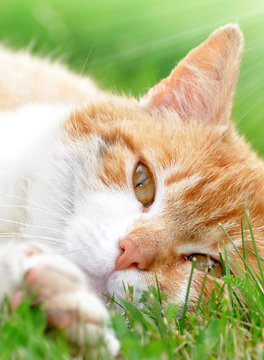Our Story
We're passionate about nurturing happy, healthy pets. It's what motivates us to create innovative products that offer great value.
Pet care products that help you care for them with the same unconditional love that they give you.
Hartz Nature's Shield provides maximized botanical flea & tick protection with plant-based ingredients.


Fostering is a perfect way to change a pet’s life for the better. Learn how you can
#FosterUnconditionalLove


Get advanced access to product discounts and promotions, test new products and provide valuable feedback.


Our sustainability journey begins with responsible sourcing of materials and ingredients for our products.


tag #hartz or #sweethartz to share your pets enjoying
Hartz dog products and cat products!










Thanks to maximum botanical protection of Nature's Shield, you and your pet can cuddle naturally without fear of Fleas & Ticks.


By quickly turning liquid into odor-absorbing gel, our Home Protection dog pads keep your home looking and smelling clean and your pet happy.


Make treat time even better with long-lasting, highly-digestible, rawhide-free chew treats, totally irresistible Oinkies.


Hartz Home Protection Miracle Guard dog pads provide 3 times the absorbency and 3 times longer use.


Deliciously De-Lick-able, Delectable protein packed, wet cat treats that make for the purrfect snack or dry food topper.


Cuddle close or let your cat roam confidently and comfortably without the fear of unwanted accidents.
We're passionate about nurturing happy, healthy pets. It's what motivates us to create innovative products that offer great value.


As the days get longer and your home is being bathed in sunlight, you may start noticing the dirt, fur and dust that has accumulated during the winter months.


For many cat owners, keeping their pets indoors is a wise decision that spares their cats from the many risks of being allowed to roam outdoors.


Just like people, dogs need to regularly visit with their medical providers to make sure everything's working in excellent order.